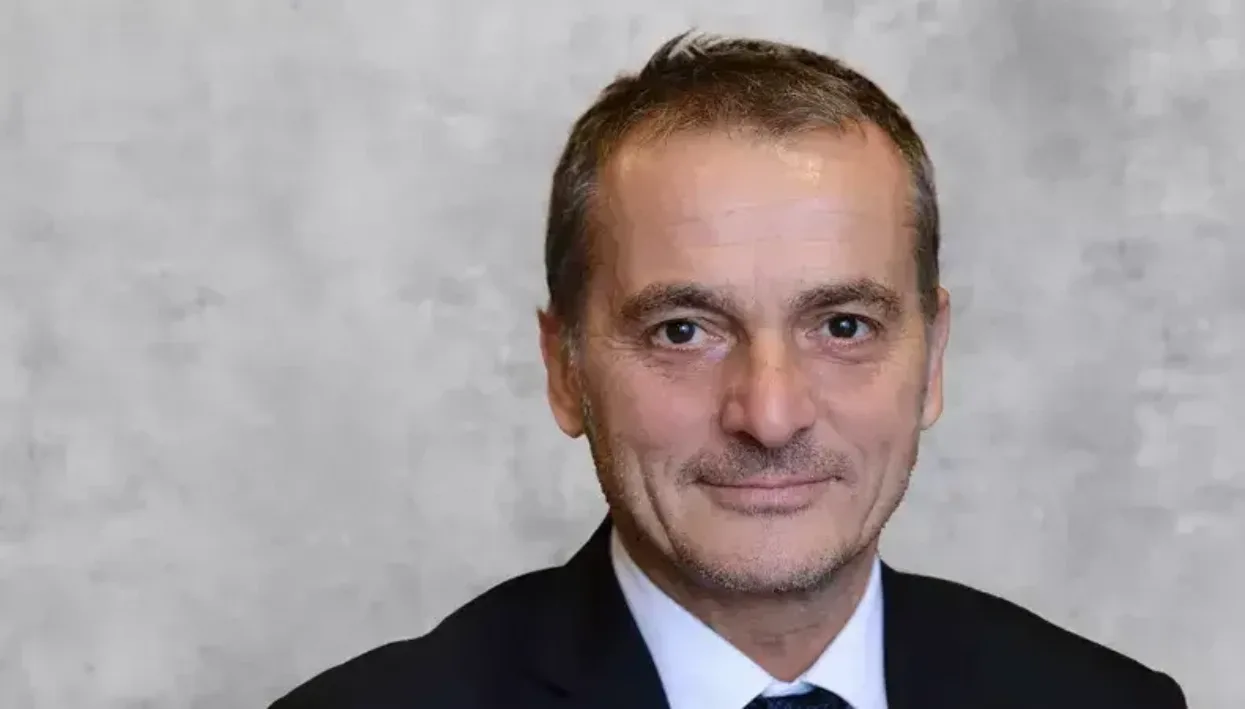Digital Printing
Inks
Substrates
Sustainability
FESPA President: putting eco-design first
Author
FESPA Staff
Published Date
22/06/2022
Become a FESPA Member
to Continue Reading
